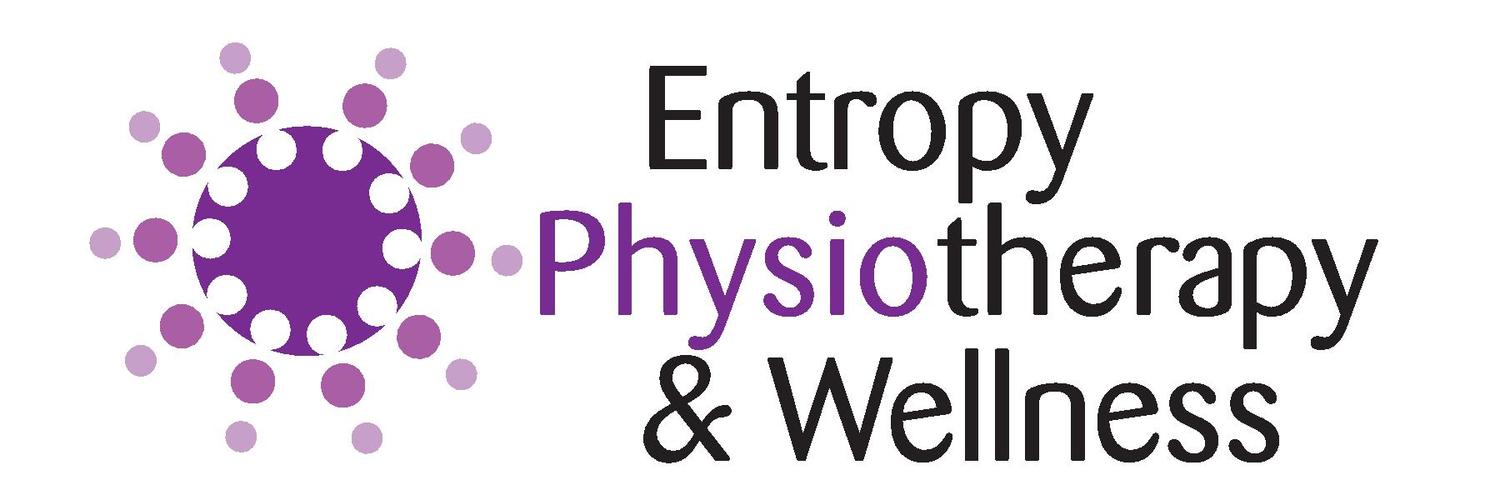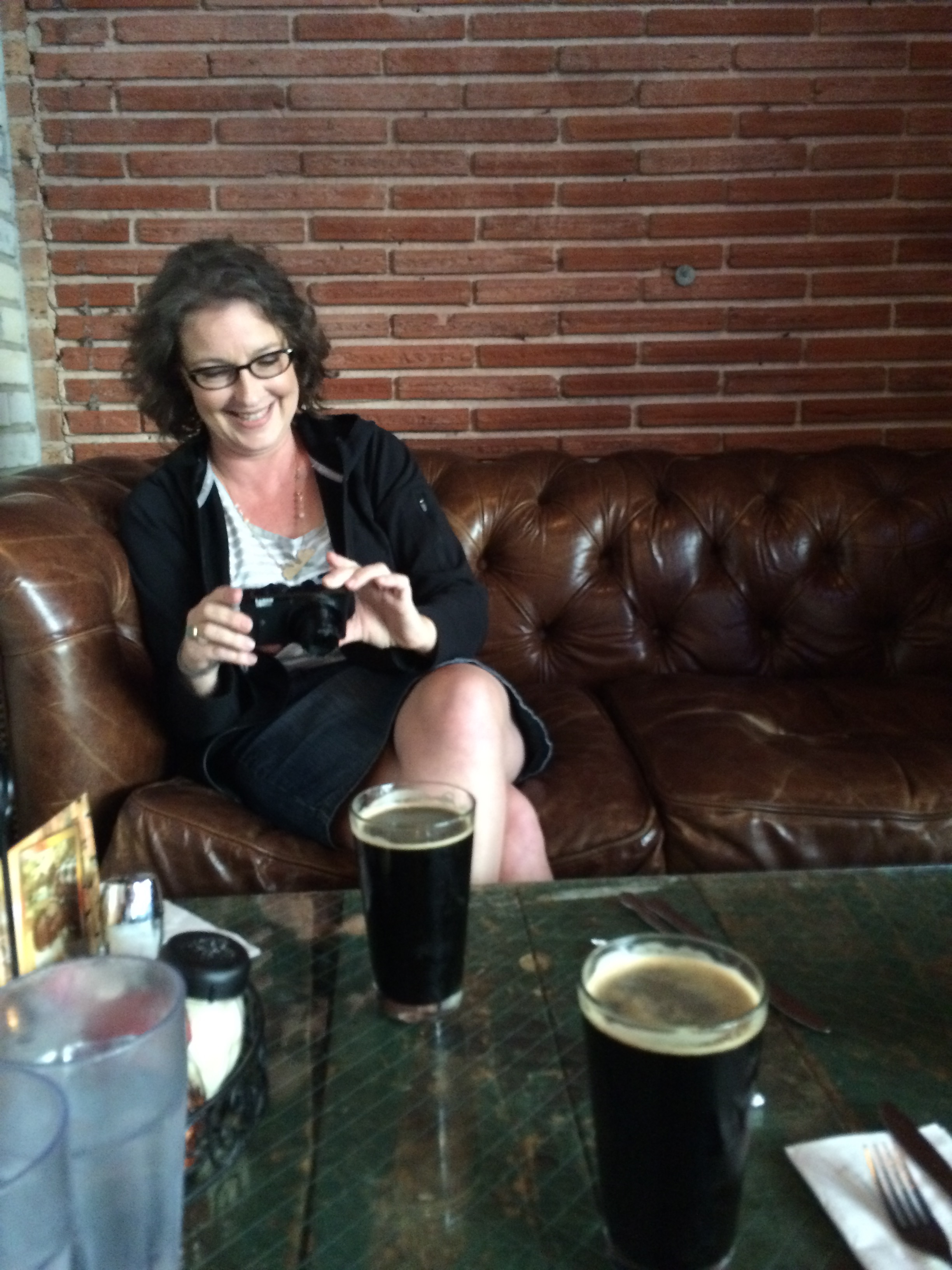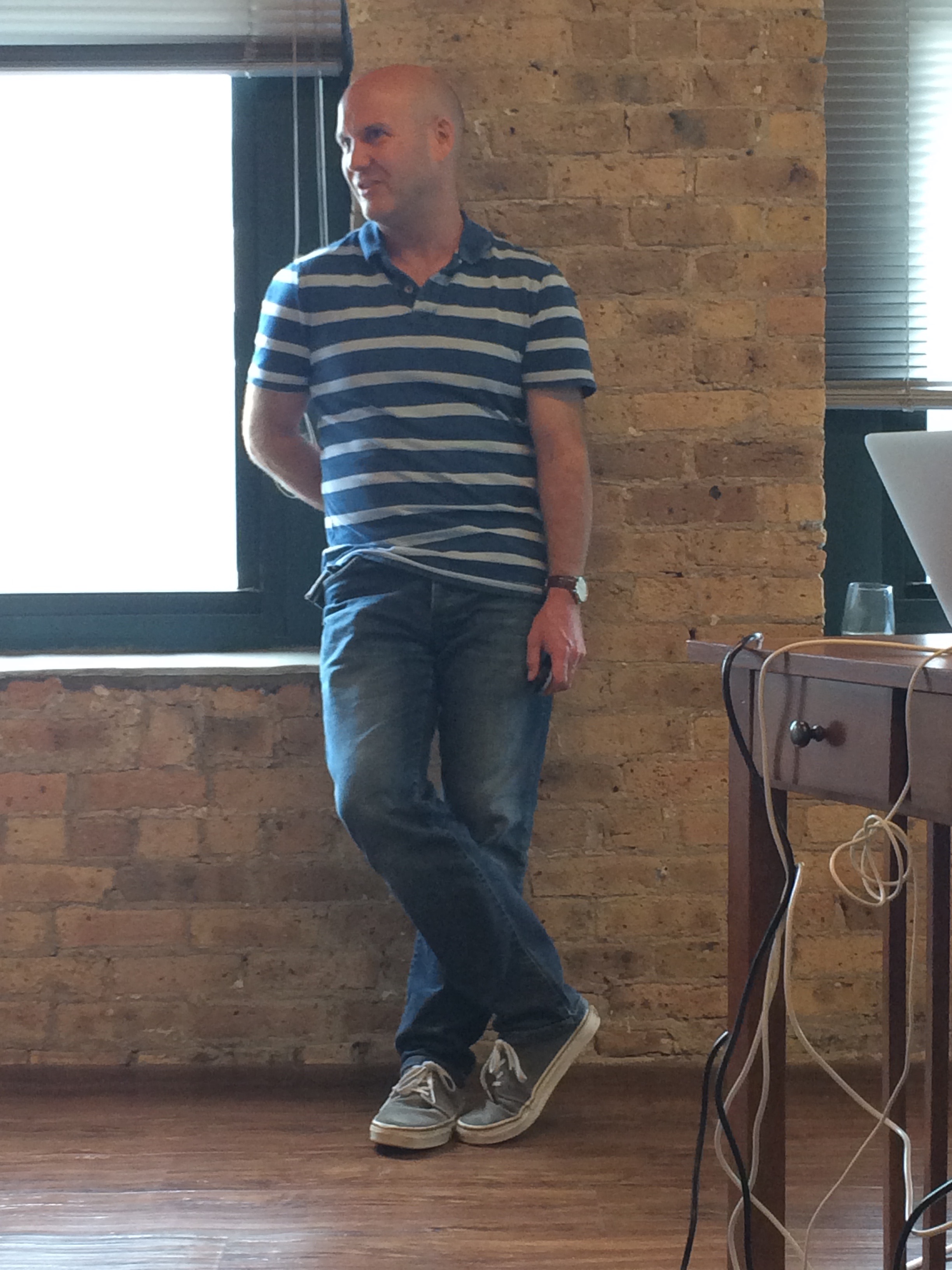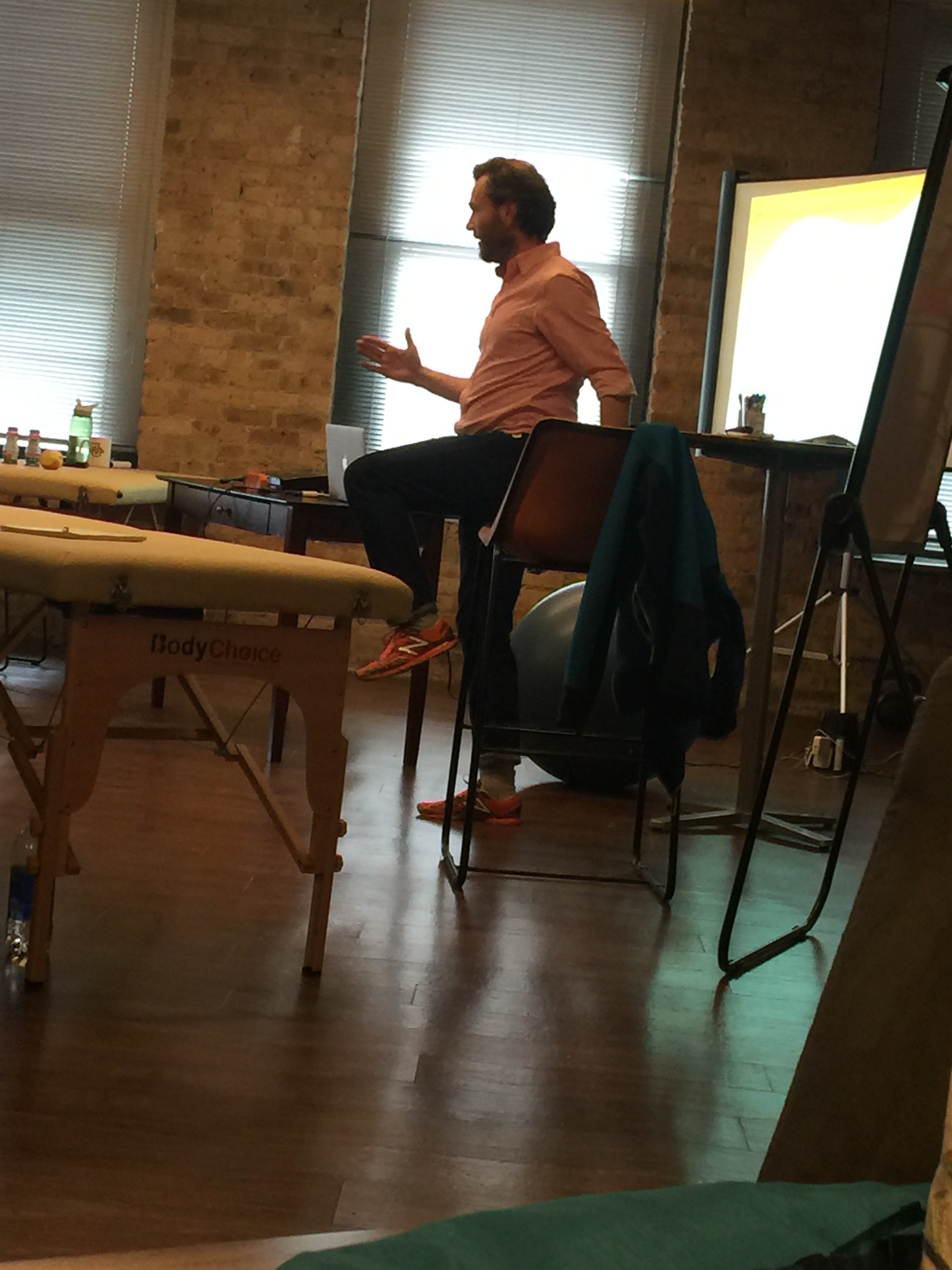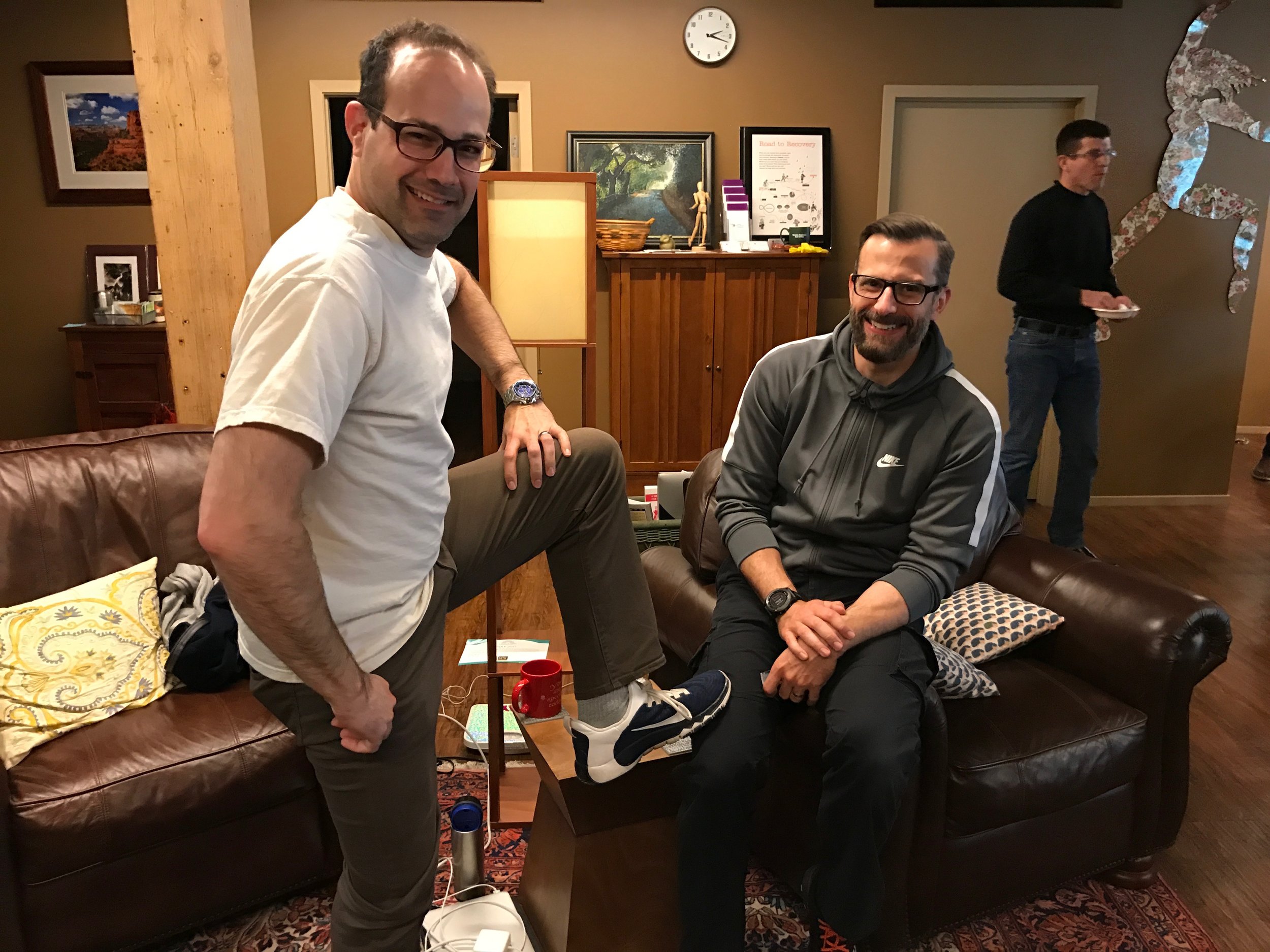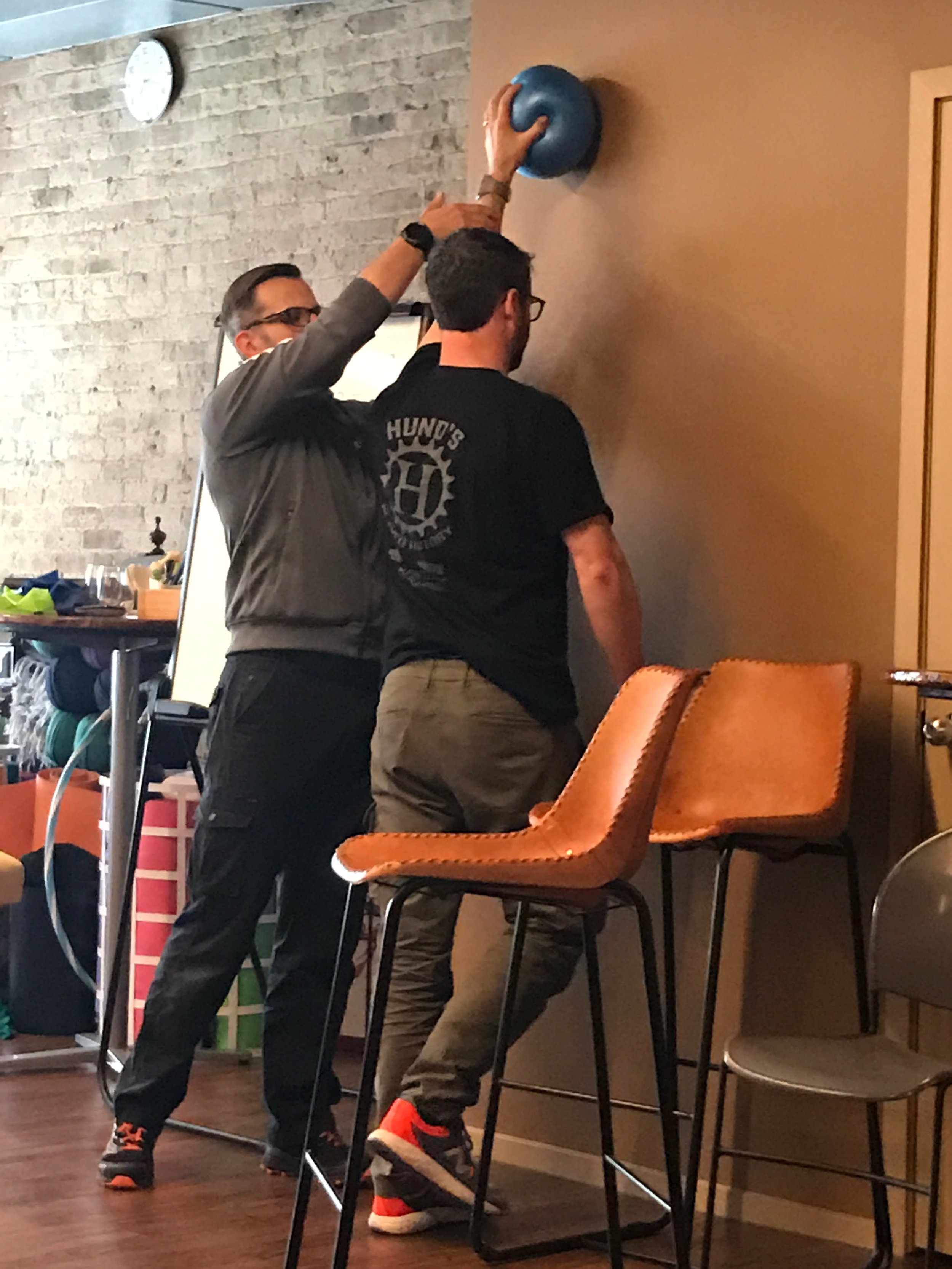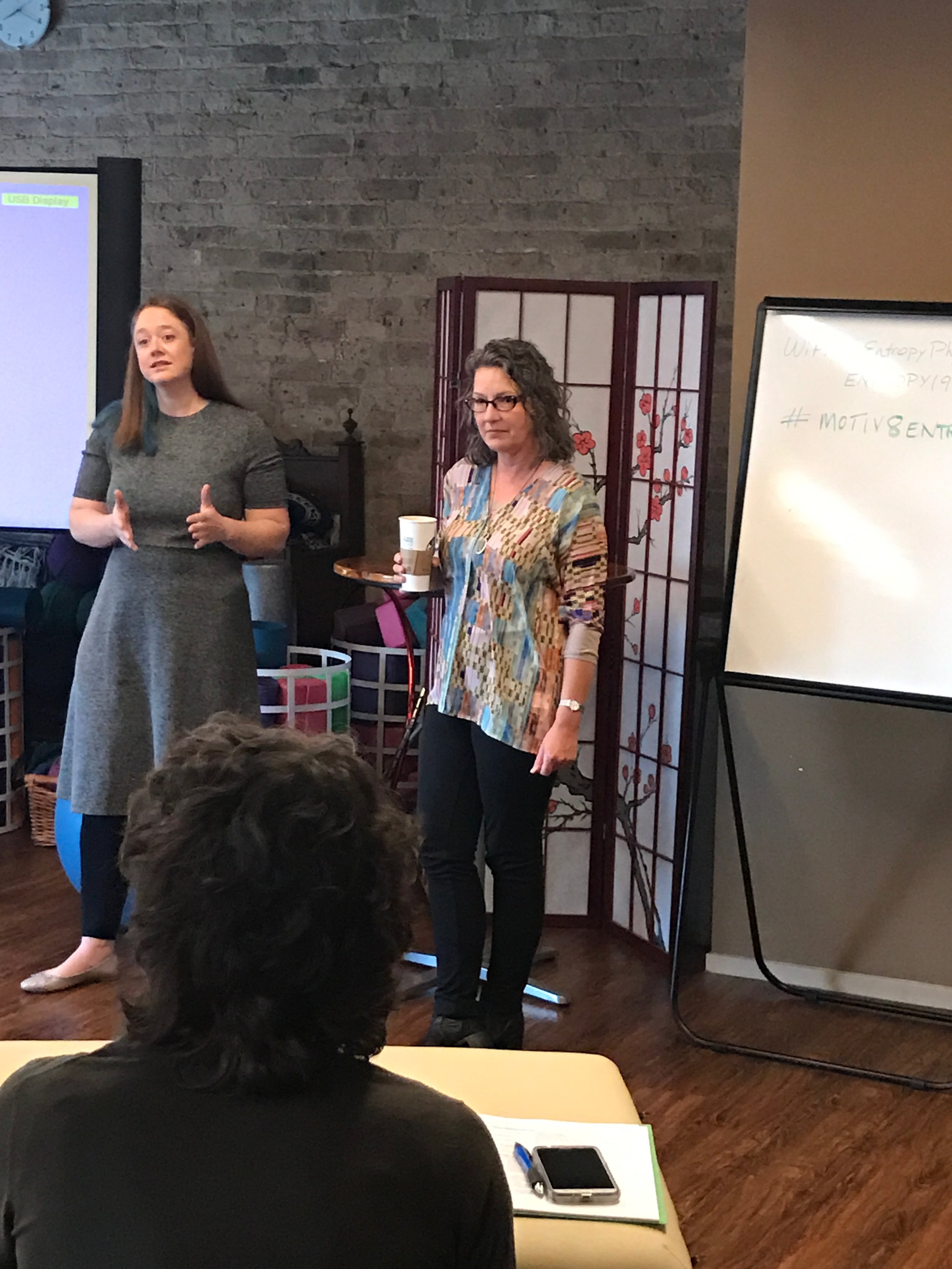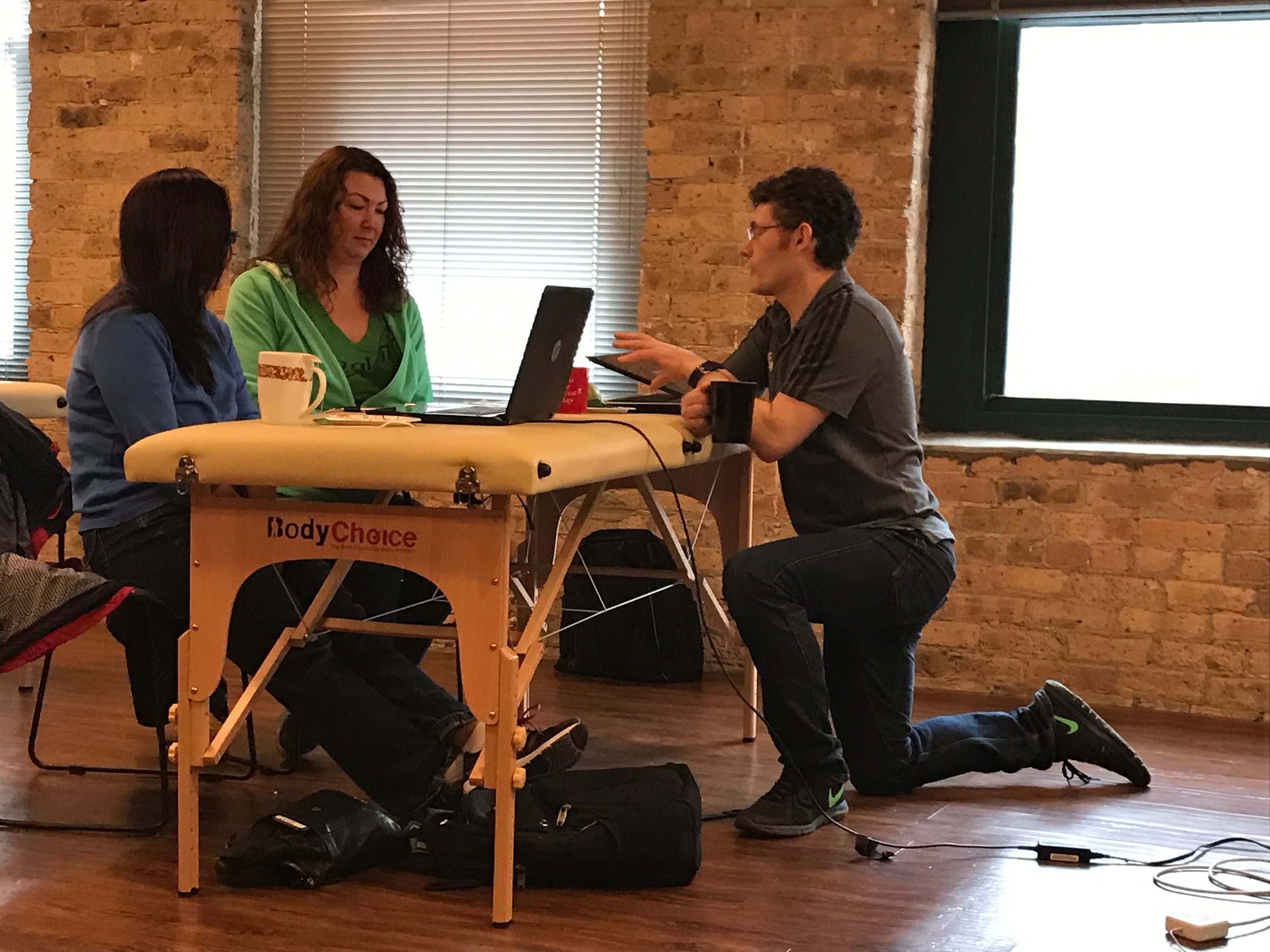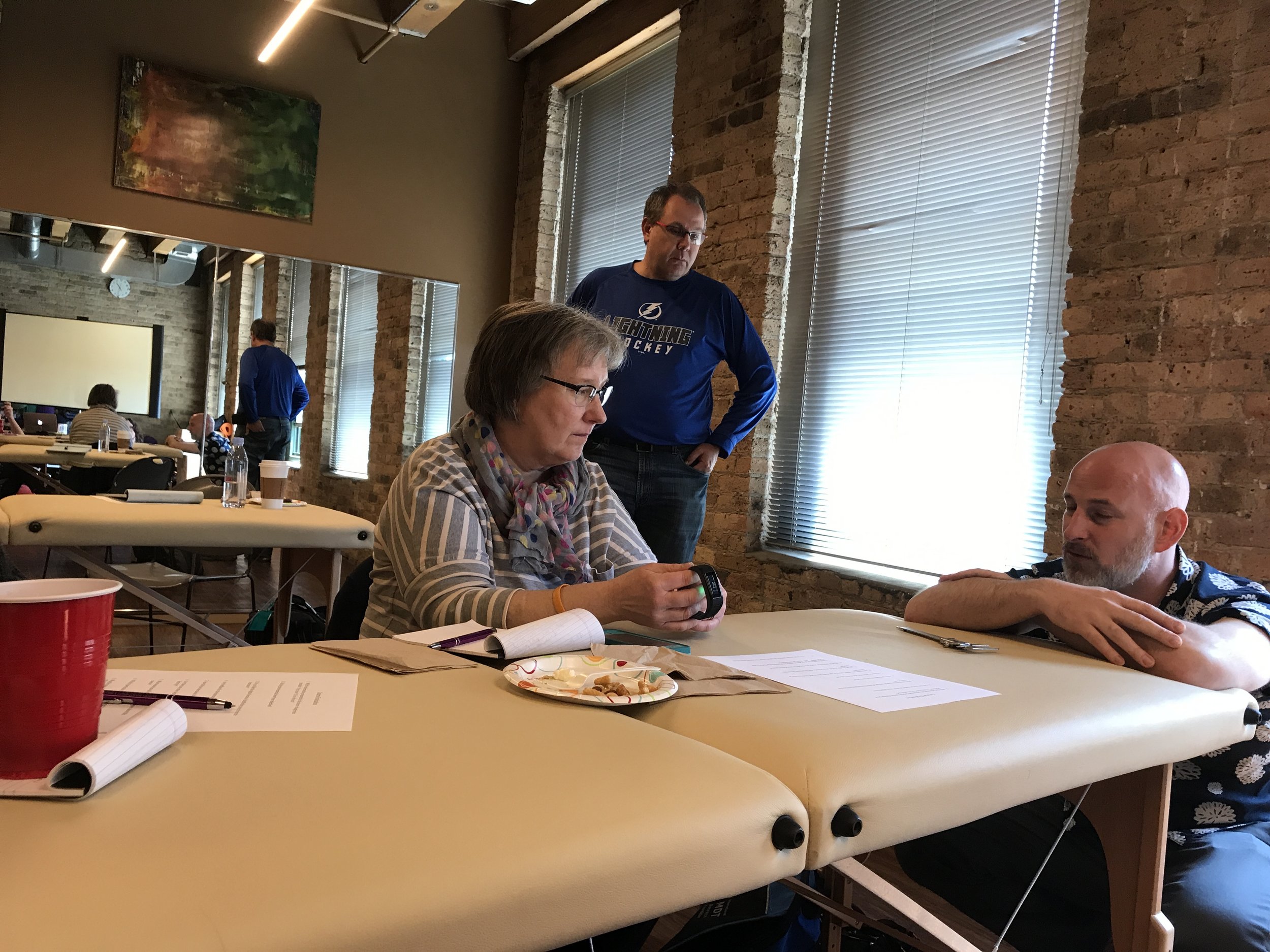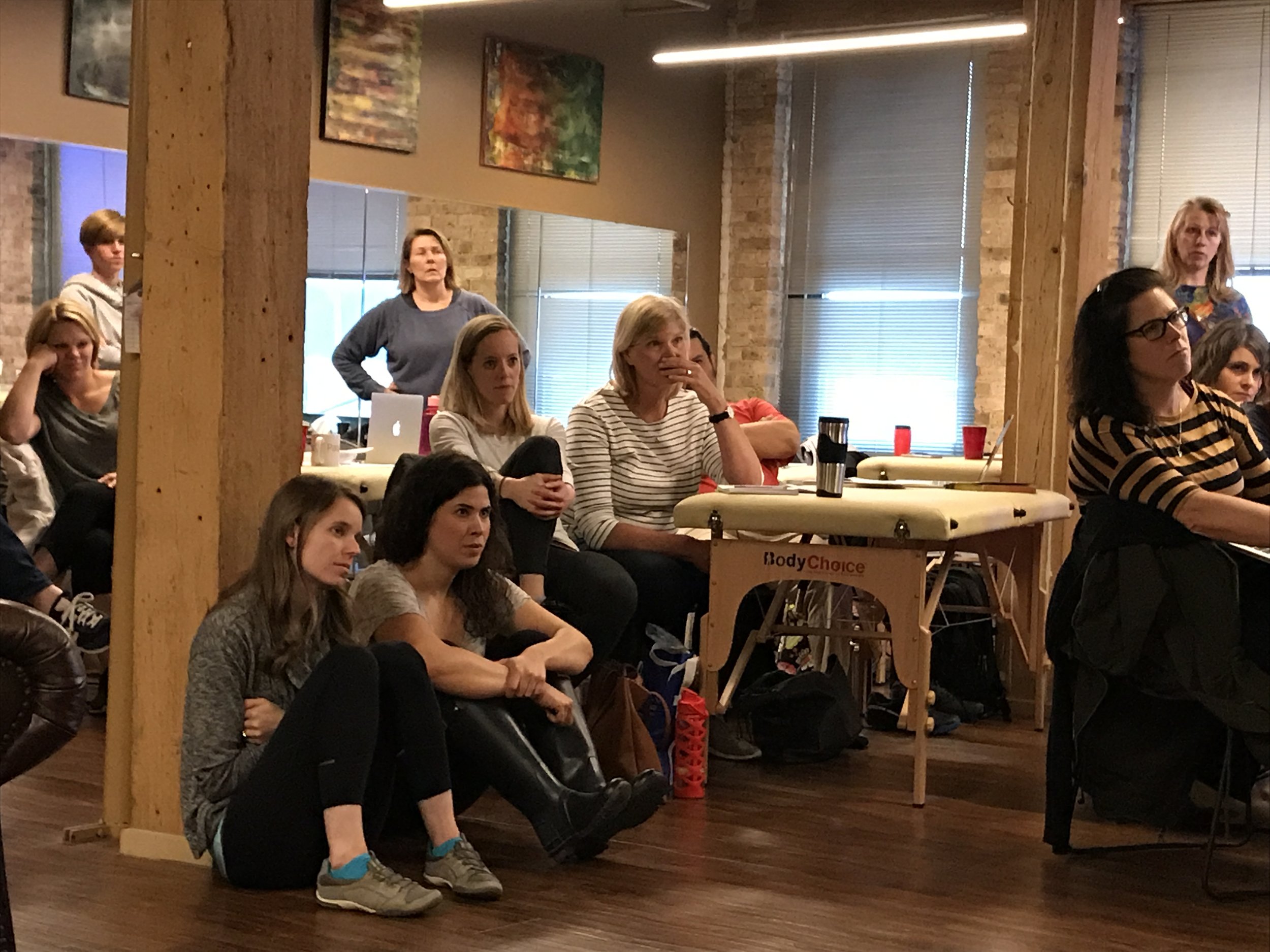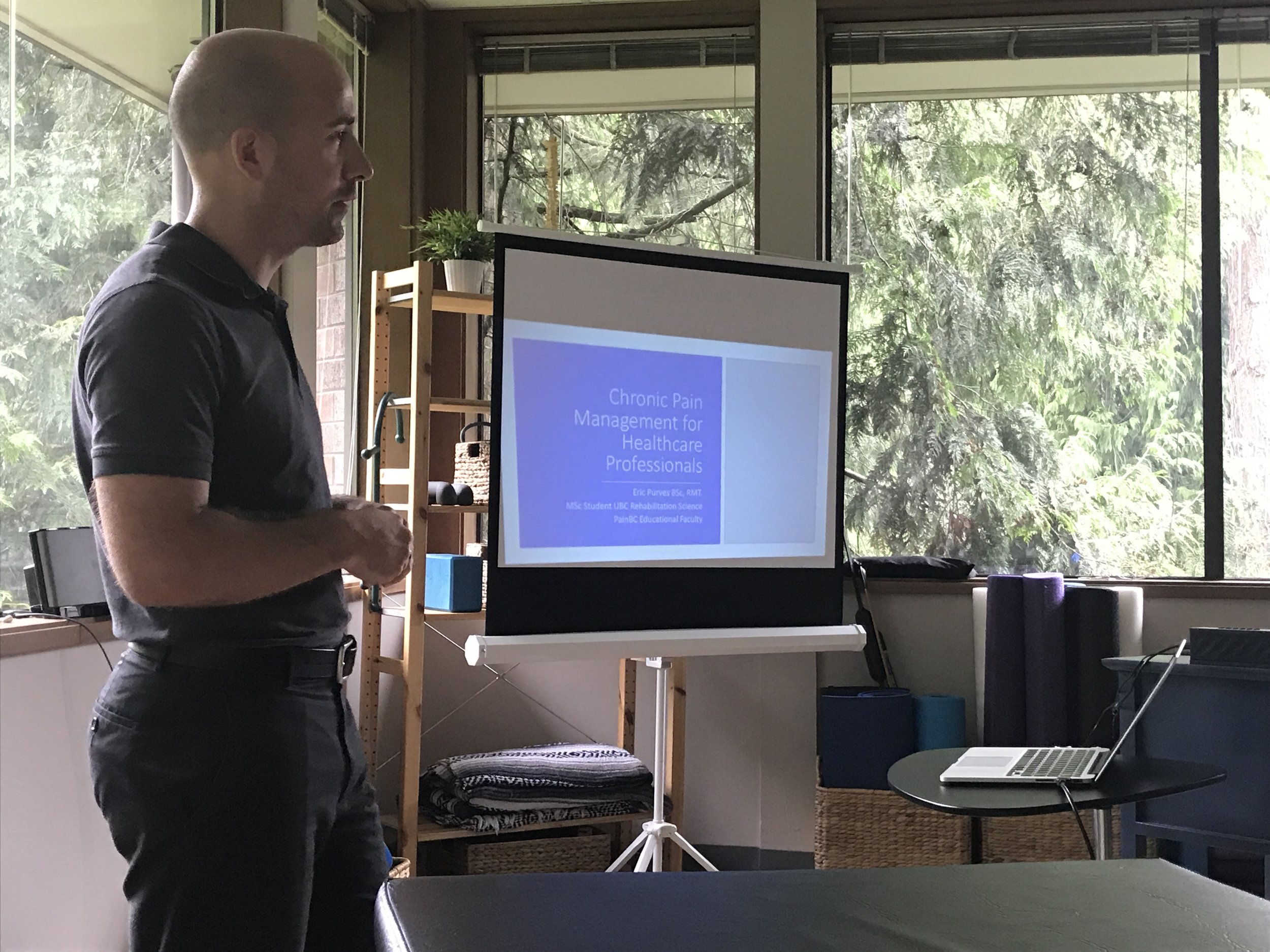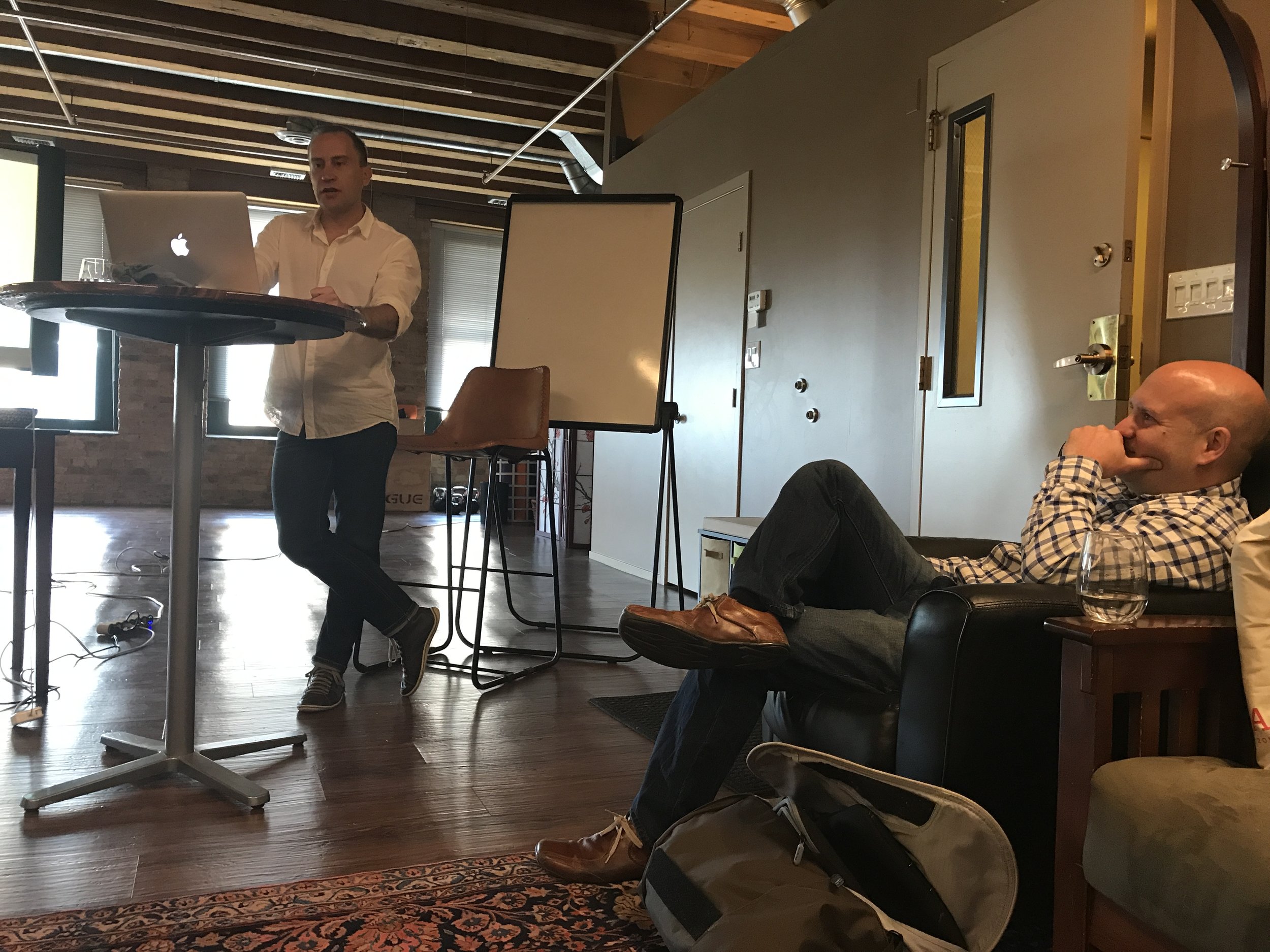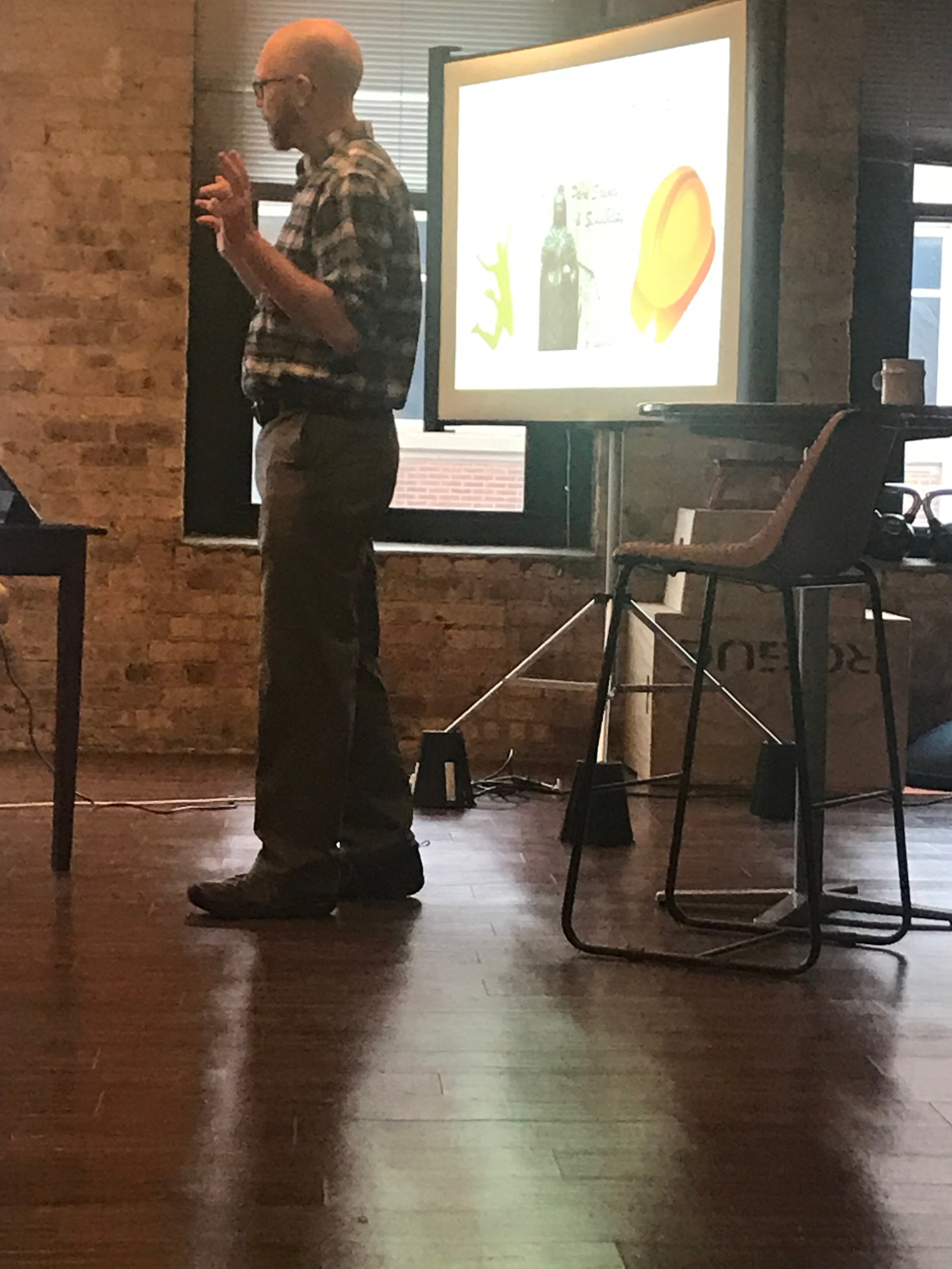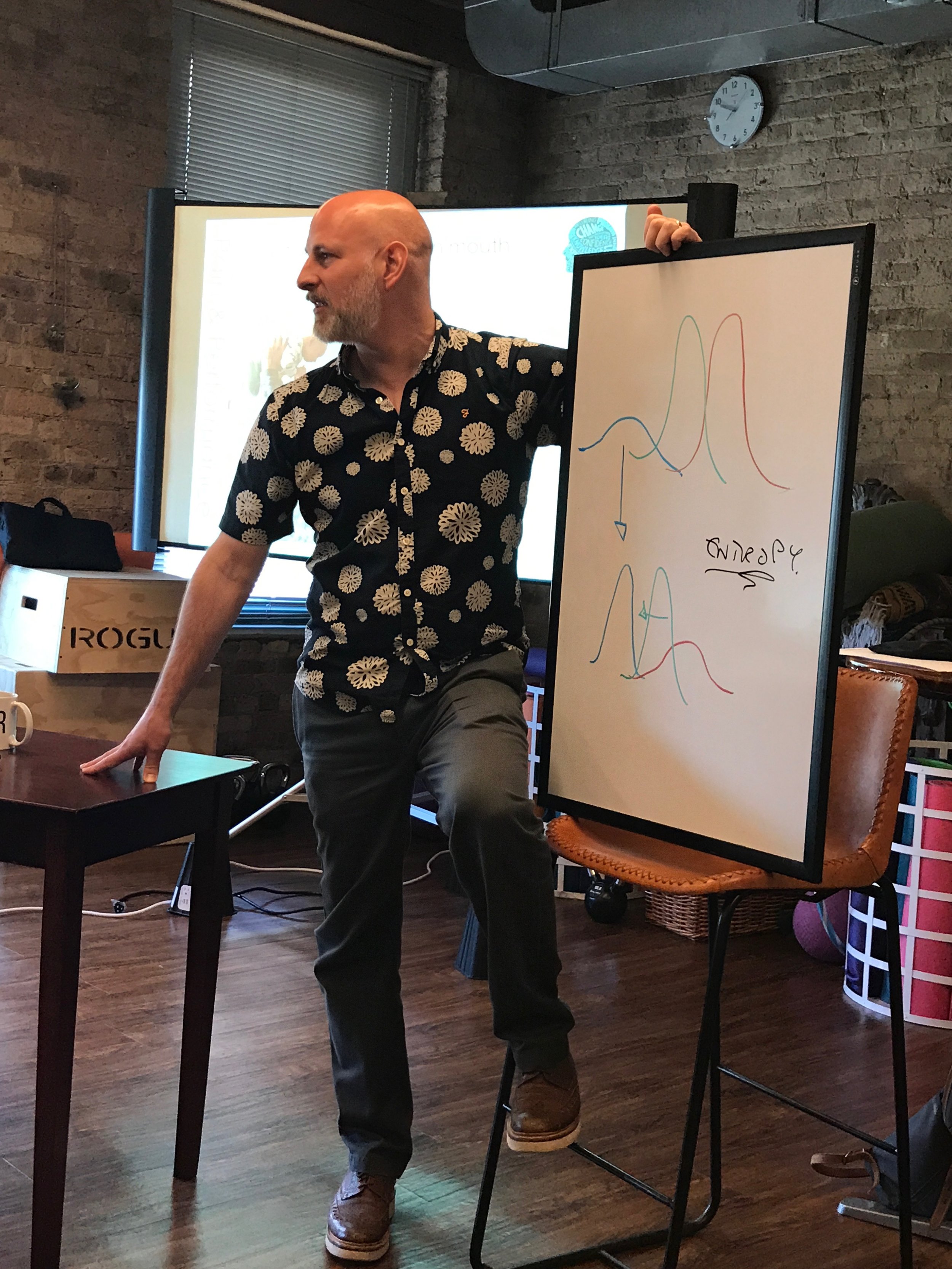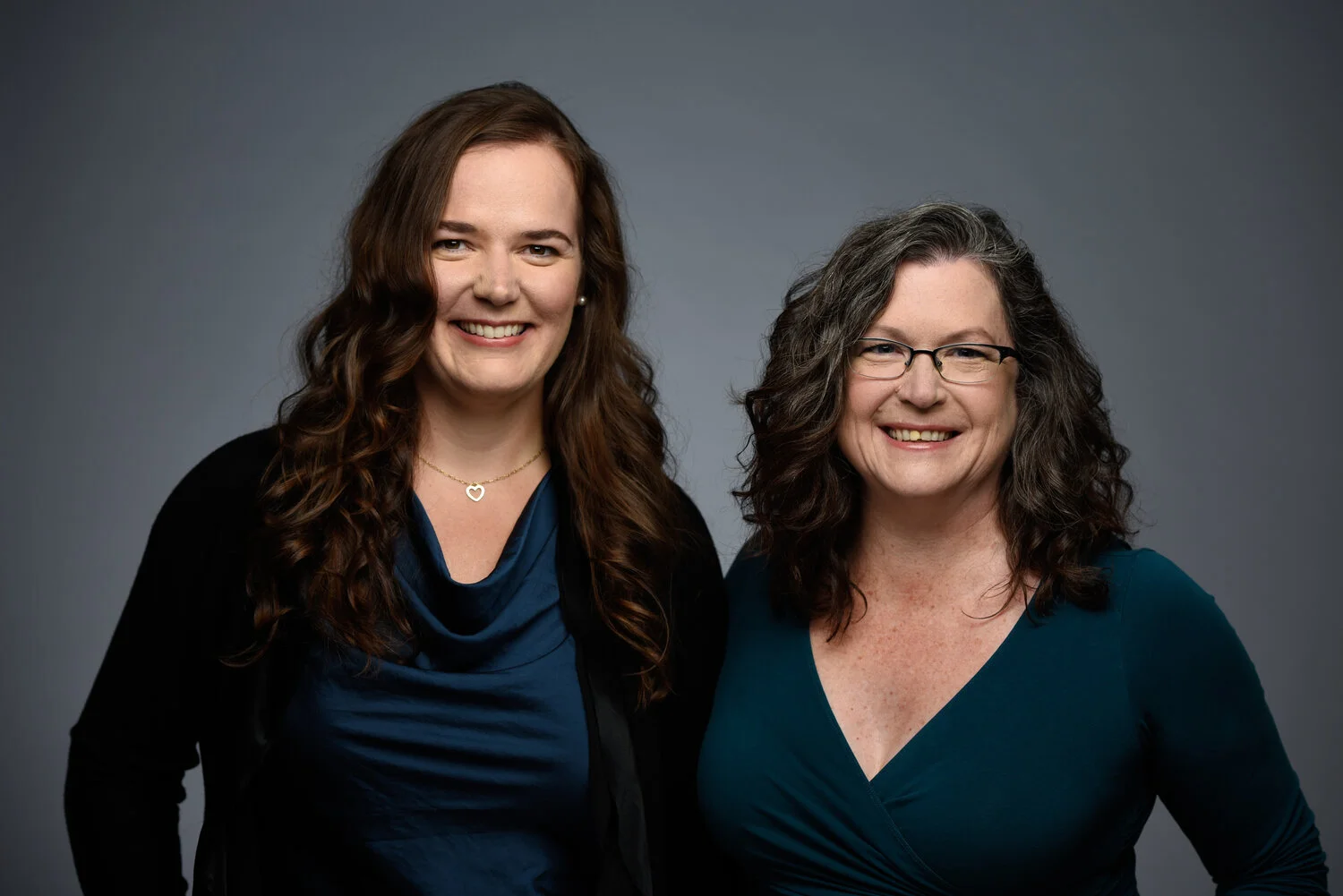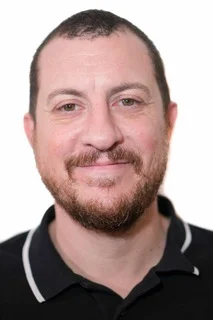Instructor: Julie Wiebe, PT
The female runner presents practitioners with unique challenges. Women are 2x more likely to sustain a running injury than men; experience a higher rate of incontinence than age-matched women in the general population, and need to navigate the changes brought by pregnancy and postpartum to continue to participate in their sport of choice. It is critical that both male and female orthopedic, sports medicine, and pelvic health professionals recognize and have skills to address the inter-relationship of musculoskeletal, performance and pelvic/abdominal health needs of female runners in their care. These issues are intertwined within the brains and bodies of athletic females, we can no longer separate them in our clinical and fitness programming.
All professionals that treat female runners need to be able to understand at depth, reason through and build programs that answer clinical questions such as:
● How can we use running to return women to optimal musculoskeletal, pelvic and performance health, instead of eliminate it until they are “better”?
● How does impact control, or lack thereof, simultaneously contribute to common musculoskeletal and pelvic health presentations in female runners?
● How do we create dynamic control for a runner versus stiff stability offered by abdominal hollowing, holding or “core” stabilizing ideas?
● Why are young women who have never had children leaking during running and how does that affect running efficiency and performance?
● How do we harness optimal intra-abdominal pressure for trunk control without contributing to pelvic and abdominal health issues?
● How do you build a program to prepare a new mom to return to running post-partum?
● How are painful hips or low back while running and painful sex intertwined?
● What is the path back to running for women with pelvic organ prolapse?
● How does diastasis recti impact trunk and pelvic control in running?
● What running form considerations common to females can be modified to address musculoskeletal, pelvic/abdominal, and performance needs?
● How do we build resilience in our female runners to prevent future injuries?
This hybrid online/live 2-day course** will blend theory and practice to bridge the gap between our understanding of musculoskeletal, and sports performance with pelvic, abdominal and pregnancy/postpartum health considerations for female runners. The course is intended to be an entry level (and all external) opportunity for musculoskeletal and sports medicine practitioners unfamiliar with pelvic health AND pelvic health providers unsure of how to prepare a patient for a return to sport to gain the foundational knowledge, clinical reasoning and relevant skills to integratively assess and address the full clinical picture for their female runners.
*(Information, reasoning, and strategies can be applied to other types of female athletes).
**Participants are required to complete a 2-hour online module that provides the evidence and conceptual foundation for the approach Julie Wiebe takes with female athletes. This module must be completed at least 2-months prior to attending the live course. This will provide participants time to apply the concepts clinically, develop questions, generate robust conversation and allow us to pursue more advanced topics in the live component. Module One will not be reviewed, but applied out of the gate in the live portion. You will need to provide a Module One completion certificate to receive course handouts.

